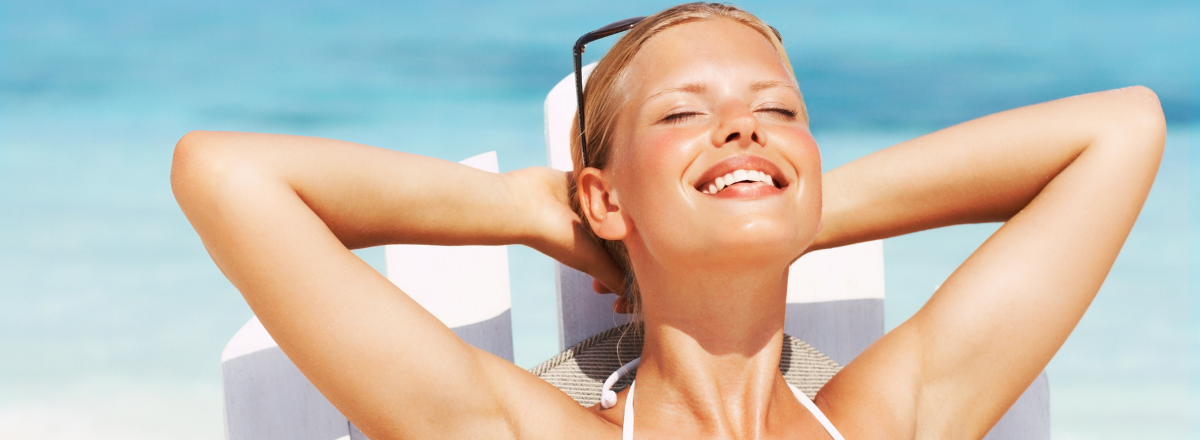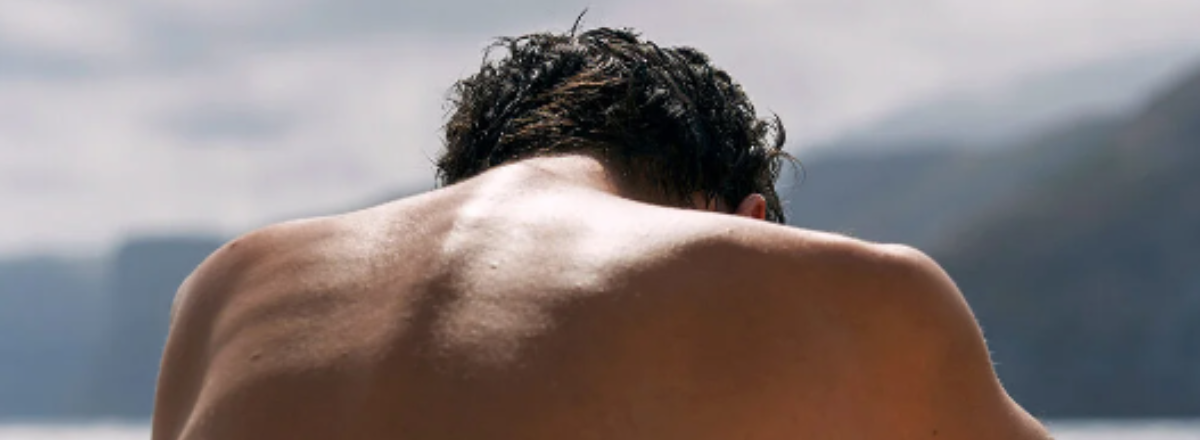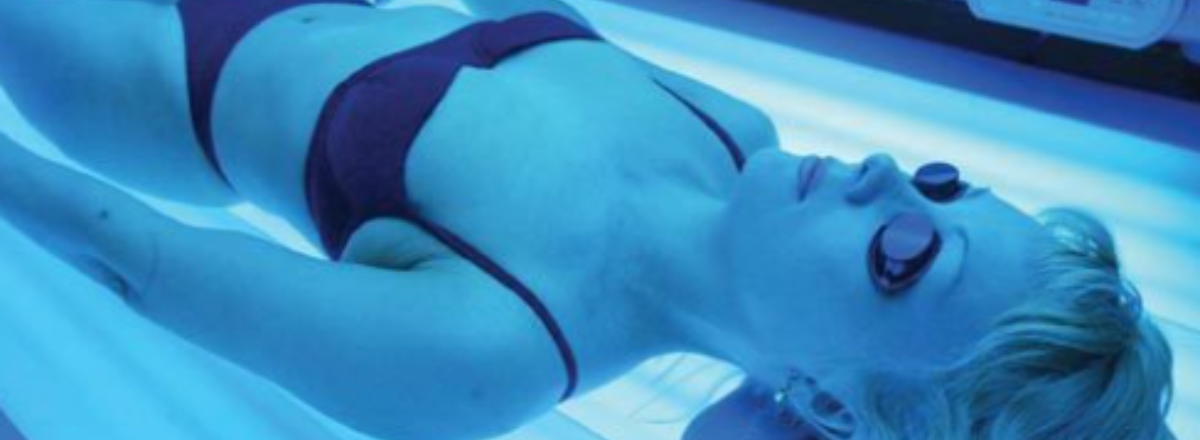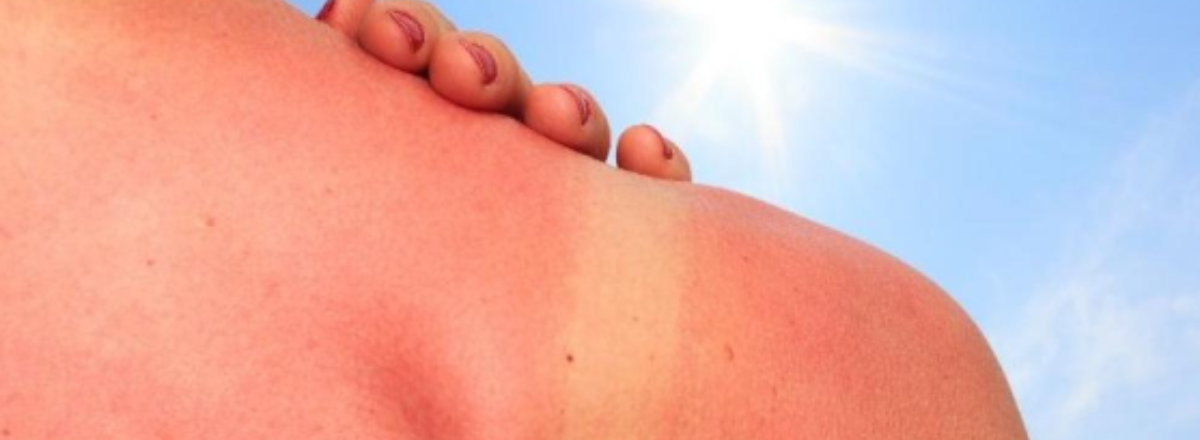As soon as the hot weather arrives, there’s always someone you know who slathers on the SPF without missing a single bit of exposed skin and someone who doesn’t because they say ‘sunshine is good for you’. Not to mention those who dig out an old bottle of sunscreen from the back of the bathroom cupboard and those who buy new sun creams every year, in case they’ve expired.
What’s paramount is staying safe in the sun, so before you assume what you practise or what you preach is correct, here’s a look at some of those all too common myths that begin to circulate when the sun finally comes out. Make sure you know fact from fiction, so you can stay safe in the sun.
- ‘SPF stops you getting vitamin D from the sun’
Vitamin D is a key nutrient that helps prevent osteoporosis and supports the immune system. It’s hard to get enough of our recommended daily amount (RDA) from diet alone, so children over 4 and adults are advised to take a supplement (10 micrograms a day), particularly in the winter months.
However, during spring and summer, sunlight alone is usually enough to provide all the vitamin D you need. ‘This is because the body creates vitamin D from direct sunlight on the skin every time you go outdoors,’ says the NHS.
However, wearing SPF is still key for protecting you from the sun’s harmful rays that can cause ageing, burning and even skin cancer, as ZoomDoc’s Chief Medical Officer, Dr Kenny LIvingstone explains.
‘Some exposure to the sun is good for our skin but a study has shown that it is still possible to maintain healthy vitamin D levels, even with SPF applied. Therefore it just isn’t worth the risk of going without SPF, especially if you’re fair or prone to burning. My advice is to use SPF, particularly when the sun is at its strongest (between 11am and 3pm) as you’re protected from the harmful effects without missing out on the benefits,’ says Dr Kenny.
- ‘You can’t get sunburnt if the sun’s not out’
Anyone who’s sat out on cloudy or windy day only to wake up bright red the next morning won’t make that mistake again.
‘In the UK, we often just assume the sun isn’t out or isn’t hot enough to do much damage but it’s absolutely possible to burn on cloudy or windy days when the sun doesn’t seem to be out,’ says Dr Kenny.
‘The sun here still contains the same UV rays as being abroad. And these rays are not only more intense in the summer, their harmful effects can be increased by wind, reflections from water or sand and can still penetrate clouds to do damage,’ says Dr Kenny.
- ‘Having a tan will protect you from the sun’
Unfortunately there’s no such thing as a protective tan, says Dr Kenny.
‘Some people think a pre-holiday tan or sunbed tans will protect them from burning, but studies have shown that a pre-holiday tan offers very little protection against the sun. There’s no safe or healthy way to get a tan, nor does a tan protect your skin from the sun’s harmful effects,’ he says.
There’s also no such thing as a healthy tan, much to people’s surprise.
‘Although it may look healthy, any amount of skin tanning due to exposure to UV is a sign of skin damage, even if there is no redness or peeling. The skin darkens as a way of trying to protect itself because the UV rays are damaging living cells. So if you tan easily, you are still at risk of skin cancer and need to use sun protection,’ he says.
- ‘Having dark skin means you won’t get skin cancer’

No matter what color your skin is, if you’re exposed to the sun, there’s a possibility that you can get skin cancer.
Although the darker your skin is naturally, the better protection you’ll have against the sun’s rays. However, your skin can still burn and can still get damaged.
NHS sun safety advice confirms that if you have ‘naturally brown or black skin you are less likely to get skin cancer, as darker skin has some protection against UV rays.’
However, it also adds that ‘you should still avoid burning and take care in the sun as people of all skin tones can get skin cancer.’
The British Association of Dermatologists (BAD) recommends people with dark skin colour still use sun protection to protect against ageing, hyperpigmentation and skin cancer.
It also recommends choosing a sunscreen ‘with a minimum of SPF 30 and good UVA protection.’
- ‘Last summer’s sun cream is OK to use’
If you’ve grabbed whatever sunscreen leftovers you have stashed away from last summer, or even the one before, it’s worth checking the expiry date, if it has one. And whether it’s been opened or not is key, too.
Nivea says that ‘most sunscreen products last up to three years unopened.’ However, once opened it’s more like ‘somewhere between 6-12 months’.
‘Check the consistency and smell and if in doubt, replace with new to get the full benefits,’ says Dr Kenny.
Like most cosmetics, sun cream should be stored in a cool place and not in direct sunlight.
- ‘The more expensive the sun cream, the better it is’
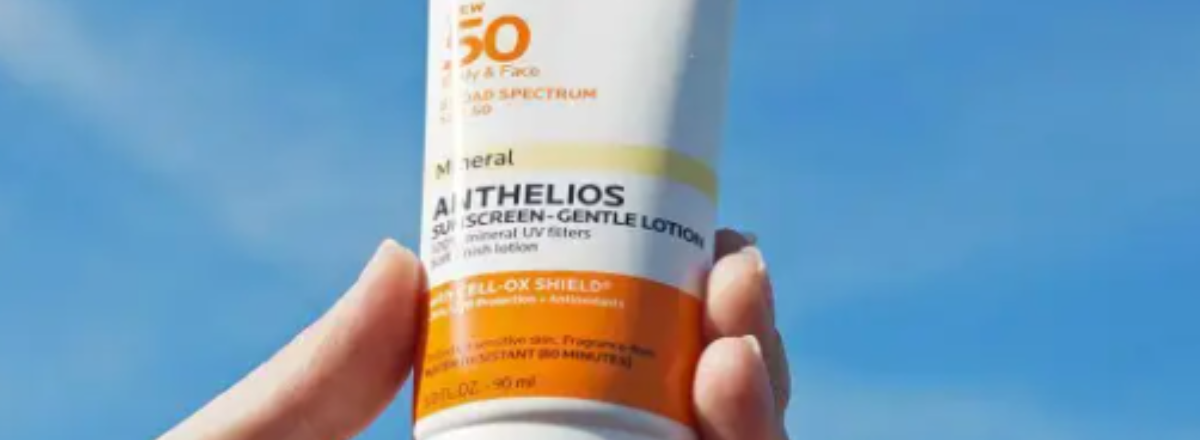
The star rating measures the amount of ultraviolet A radiation (UVA) protection. UK Rating goes up to 5 stars
Go into any supermarket or chemist and you’ll find a huge array of sun protection, ranging in price. But price isn’t what’s important when it comes to sunscreen, it’s actually SPF and stars.
BAD explains this on its sunscreen factsheet:
‘The higher the number of stars, the more balanced the protection. So the next time you’re wondering what sunscreen to buy, the first thing to do is to look at the back of the bottle and choose one offering 4 or 5-star protection. Then decide on what SPF you’d like – ideally SPF 30 or above.’
- ‘You can get sunburnt in the car or through a window’

While it’s true that you can’t get sunburned through a car window, the sun’s rays can still damage your skin while you are driving.
Unfortunately, UV rays can penetrate through glass, which means if you spend a long time in a car or near a window, you’ll need to wear sun cream.
However, while most of the UV B rays that cause burning are blocked by glass, the UV A ones can get through and these ones cause premature ageing and can contribute to skin cancer.
So although you’re unlikely to get burnt (unless you have the window down) you will still need sun cream to prevent sun damage to your skin.
- Putting on sunscreen once a day is plenty.
Even if the label says ‘once-a-day’, all sunscreens should be re-applied regularly and liberally. According to NHS advice, that means every 2 hours. What’s also important is applying it thoroughly, generously and before you go into the sun. And don’t rely on makeup that contains SPF – it’s usually SPF 25 or lower, which isn’t enough protection for a day in the sun.
How much SPF?
Most people do not apply enough sunscreen. As a guide, adults should aim to apply around 6 to 8 teaspoons of sunscreen if you’re covering your entire body.
If sunscreen is applied too thinly, the amount of protection it gives is reduced.
When to apply it?
The NHS says every two hours. It also says that if you plan to be out in the sun long enough to risk burning, sunscreen needs to be applied twice:
- 30 minutes before going out
- just before going out
‘Always reapply after swimming, even if it is labelled ‘water-resistant’, says Dr Kenny.
Where to apply it?
Sunscreen should be applied to all exposed skin, including the face, neck and ears, and head if you have thinning or no hair, but a wide-brimmed hat is better.
- Getting sunburnt means you’ll get skin cancer
If you’ve had a bad case of sunburn or regularly get burnt, you’re probably not a fan of the sun.
‘Although your skin has been damaged in the past, you won’t necessarily get skin cancer but you will increase your chances of developing melanoma,’ says Dr Kenny.
‘Take extra care to protect your skin moving forwards and read our Skin Cancer SOS guide to check for moles and know when to see a doctor for any unusual skin complaints,’ he says.
For any concerns about your health in the summer, download our app and talk to a ZoomDoc GP from the comfort of your own home.

